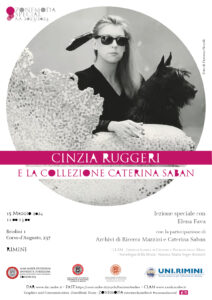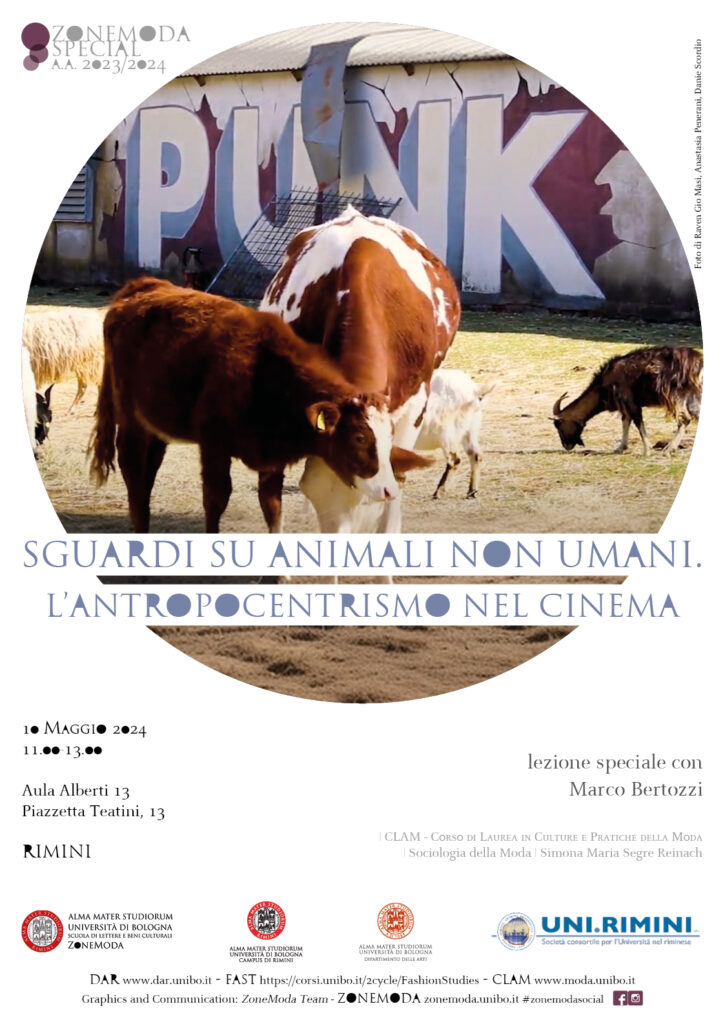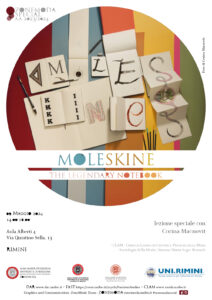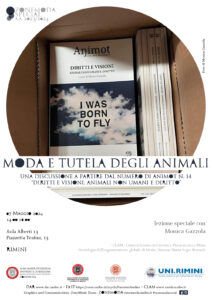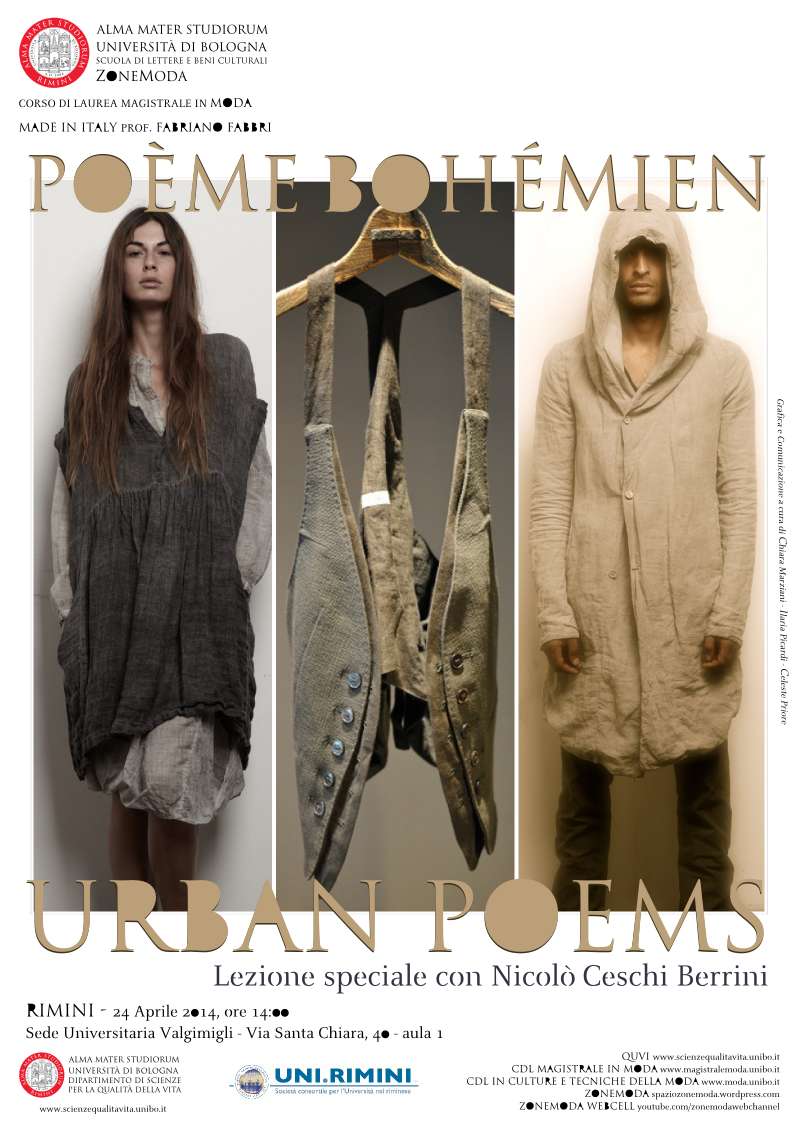
Poème Bohèmien. Urban poems
Foto di Virginia Angius
RIMINI – 24 Aprile 2014, ore 14:00
Sede Universitaria Valgimigli – Via Santa Chiara, 40 – aula 1
Poème Bohèmien. Urban poems.
Docente: Fabriano Fabbri
Lezione speciale con Nicolò Ceschi Berrini
La “stanza dei giochi” di Poème Bohèmien
Sul web si presenta così: http://www.poemebohemien.com, una vetrina non-vetrina che risuona fin da subito come un rifiuto all’odierna e totalizzante digitalizzazione dei canali comunicativi. Ma se da un lato ciò può sembrare una posizione anticonformista quasi forzata, in realtà ci accorgiamo rispecchiare appieno la filosofia del brand: le creazioni di Nicolò Ceschi Berrini, fondatore del marchio italiano Poème Bohèmien, ci riportano alle origini, riscoprendo il rapporto uomo-mondo e ritrovando un apparentamento primordiale con le cose.
È la materia il punto di partenza delle sue collezioni: sperimentare su di essa significa lavorare per suggestioni, tentativi e dedizione quotidiana, dove i tempi fisiologici del creare si fanno inevitabilmente slow e i risultati finali ogni volta imprevedibili. Siamo lontani dal processo creativo ispirato da un unico e singolo tema, lontani dal mondo delle luccicanti sfilate e da un sistema rigidamente strutturato, ma piuttosto ci muoviamo all’interno di un territorio che non concede brillantezza, che sostituisce lo shining con colori impolverati, ottenuti da tinture a freddo e vegetali, e che alla serialità omogenea preferisce l’irregolarità, ricavata non solo dal fatto a mano, ma anche dall’invenzione di lavorazioni originali e dalla modifica diretta sulla struttura dei macchinari. Un gesto che ricorda l’operazione di Rei Kawakubo, quando nei primi anni Ottanta giustificava così i suoi pullover bucati: “Le macchine che producono tessuti sempre più ci danno texture uniformi. A me piace che ci sia qualcosa di unico, di imperfetto. La tessitura a mano sarebbe il miglior modo per ottenere questo effetto. Ma dal momento che non sempre più può eseguire, noi allentiamo qualche vite qua e là nella macchina, in modo che essa non funzioni esattamente come dovrebbe” [Colaiacomo P., Caratozzolo V. C., Mercanti di stile. Le culture della moda dagli anni ’20 a oggi, Riuniti, 2000, p. 356].
Nella ricerca dell’imperfezione si nasconde un implicito riferimento all’estetica della povertà: Poème Bohèmien – che nel semplice nome racchiude lo spirito clochard e quindi una predilezione per lo sporco, il deteriorato, il diverso – si configura infatti come un magnifico continuatore dell’estetica avanguardistica giapponese, dominata da manifestazioni particolarmente significative di wabi-sabi. Nicolò Ceschi Berrini – formatosi da autodidatta e cresciuto come consulente nell’industria conciaria – fin dalla fondazione del suo primo brand omonimo nel 2002, poi mutato in Poeme Bohèmien nel 2008, si è reso pioniere di una radicale alfabetizzazione verso un gusto underground, all’epoca ancora sconosciuto poiché pressoché inesistente, totalmente opposto allo stile lussurioso dei precedenti decenni. Il designer veneto e con lui i capostipiti della corrente primitivistica, tali Rick Owens e Carol Christian Poell, hanno contribuito all’evoluzione di nuove tipologie morfologiche di decadentismo. Tessuti naturali, compressori, resine, lini tridimensionali, tamponature, sabbiature: chi, dopo la lezione speciale Made In Italy dello scorso Giovedì 24 Aprile, non vorrebbe ritrovarsi là in mezzo, a pastrugnare, toccare e pasticciare la materia, nella “stanza dei giochi” di Nicolò Ceschi Berrini?
Cecilia Cestari – Redazione Writing For Fashion
_____________________________________
The playing room of Poème Bohèmien
Www.poemebohemien.com: this is the first presentation of Poème Bohèmien you can find on the web, a particular kind of window, an essential platform that appears like a refuse to the current and totalising digitalisation of communication channels. On the one hand, this official website can be like a rather forced anti-conformist position. On the other hand, you can note this choice reflects well the brand philosophy: the creations of Nicolò Ceschi Berrimi, founder of the Italian brand, bring us to the origins, rediscover the relationship between human and world and a primordial familiarity with natural things. The starting point of his collections is the material experimentations which allows working by suggestions, attempts and daily dedication, where the physiologic time of ideation and creation becomes inevitably slow and the results are always unpredictable. Here the creative process does not focus on a unique and single theme; there are not catwalks or a well-structured system. Here dusty colours made by natural dyeing substitute the shining effects and the irregularity, based on handmade production, innovative manufacturing and direct modification of the industrial machines, substitutes the homogenous seriality. These actions remind to a special operation executed by Rei Kawakubo in the early Eighties, when she explained her perforated pullovers by these words: “Increasingly machines product uniform textures on fabrics. I like to get something unique and imperfect; handmade weaving could be the best manner to obtain this effect, but it is not always possible to execute. So we unscrew the machine hither and yon in order to slightly change its normal procedure.” [Colaiacomo P., Caratozzolo V. C., Merchants of style. Fashion cultures from Twenties to date, Riuniti, 2000, p. 356]. The research of imperfection hides an implicit reference to the poor aesthetic. The simple name of Poème Bohèmien includes a clochard mood and then a predilection for the dirtiness, the deterioration, the diversity. In this way, the brand represents a magnificent successor of the Japanese avant-garde aesthetic, dominated by particularly significant expressions of wabi-sabi. Thanks to the foundation of his homonymous brand in 2002, then turned into Poème Bohèmien in 2008, Nicolò Ceschi Berrini, self-educated and grown in the tanning industry like consultant, became a pioneer of a radical alphabetisation to an underground taste. He introduced a kind of style totally opposed to the past luxury; a style did not still exist, especially in Italy. The Venetian designer and the other ancestors of this fashion primitivism, like Rick Owens and Carol Christian Poell, contributed to the evolution of new morphologic typologies of decadence. Natural fabrics, compressors, resins, 3D linens, original finishes and sandblasts: after the Made in Italy special lecture taken place on last April 24, who does not desire to go there, to enter into the playing room of Nicolò Ceschi Berrini to touch and knead the material with him?
Cecilia Cestari – Writing For Fashion staff

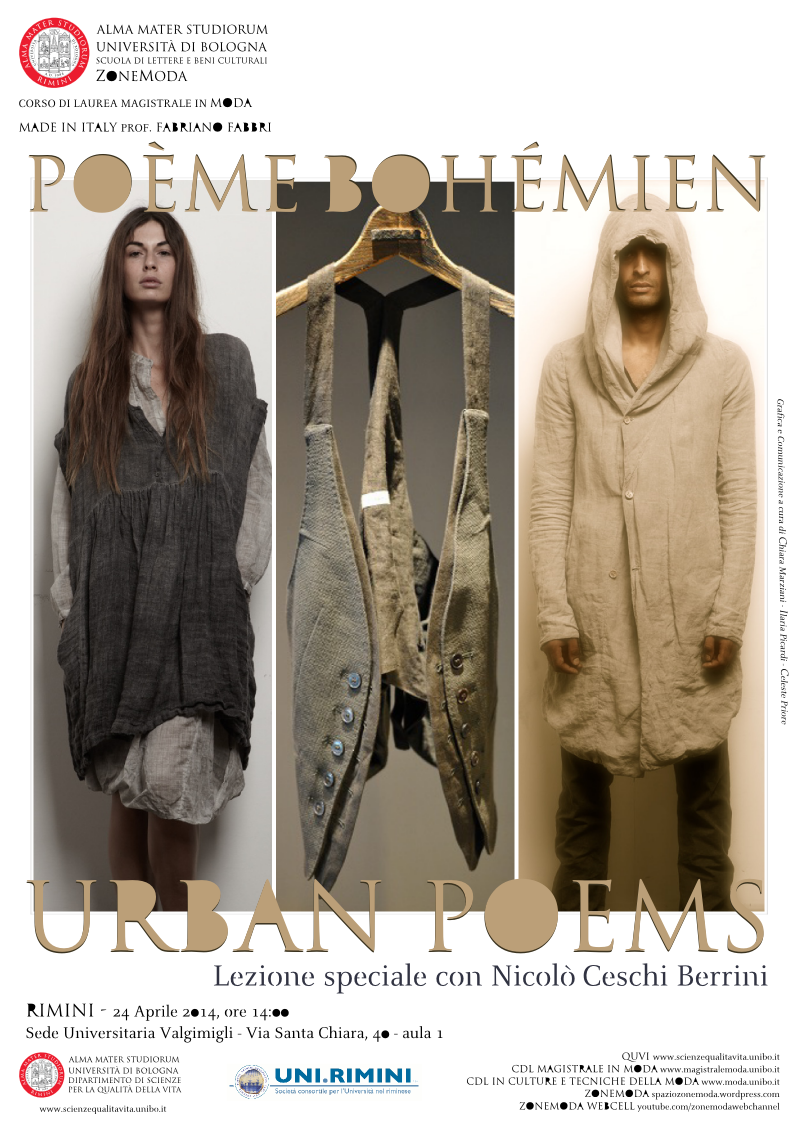






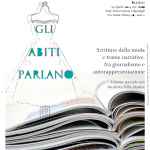 Previous Post
Previous Post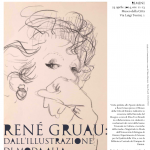 Next Post
Next Post